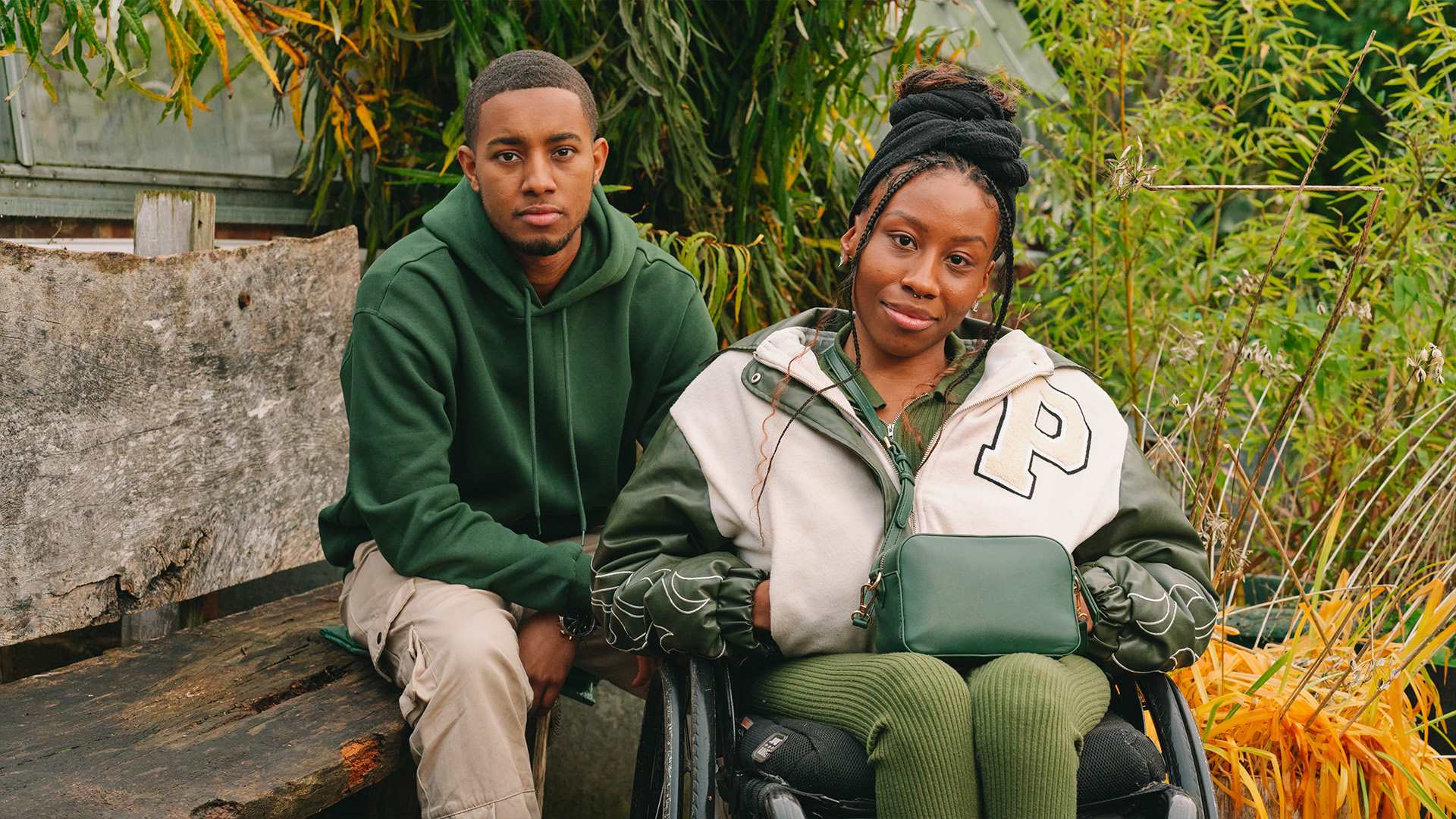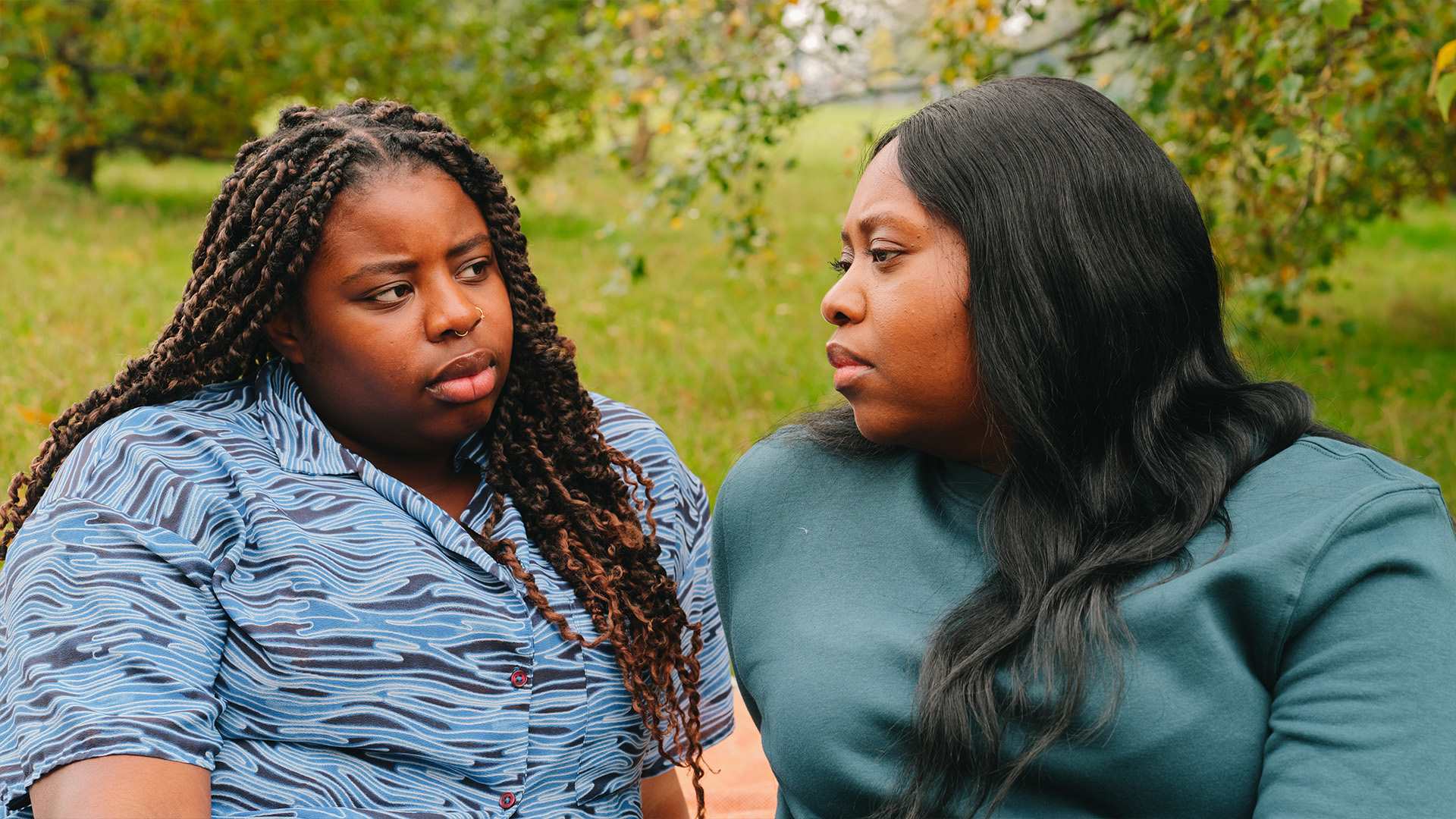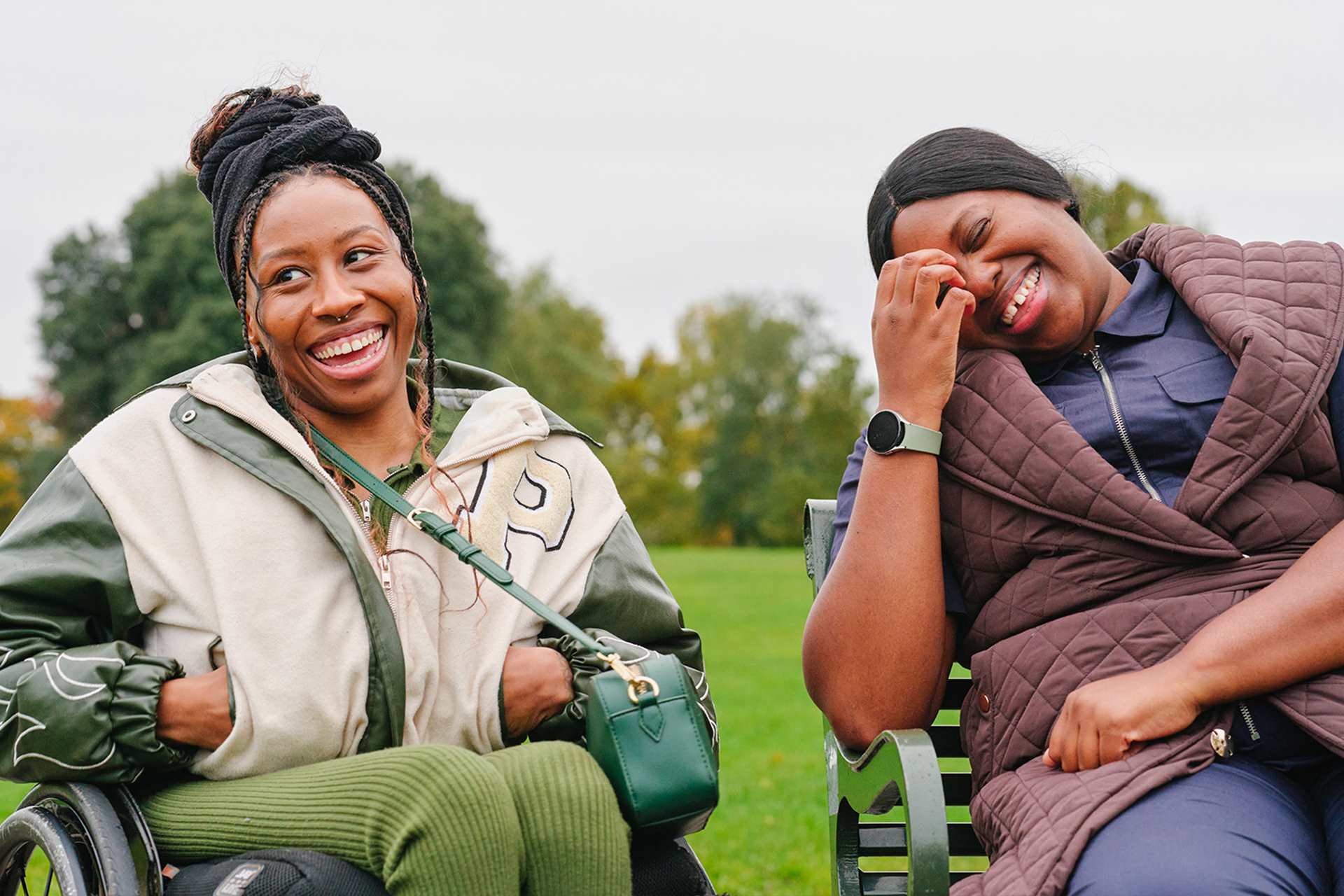The recommendations made by this report look to enhance the ability of the trusted adult.
-
They focus on youth-led, co-created resources that enhance a young person’s ability to help themselves and their friends, while identifying how to access trusted adult support.
-
The report also recommends easier pathways for youth workers to refer young people to help.
-
Changing the narrative around mental health is important to this, and so is working with local communities to make that happen.


